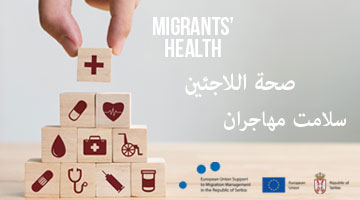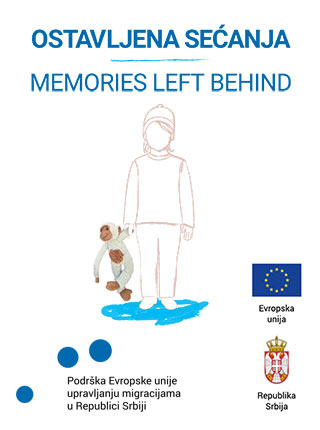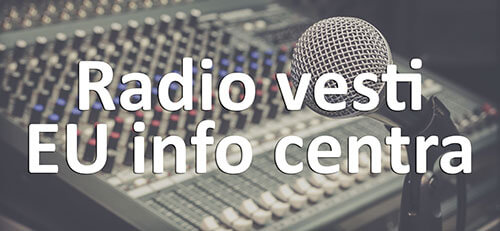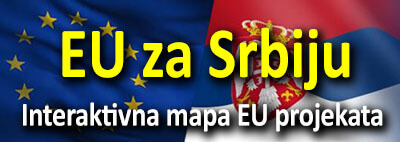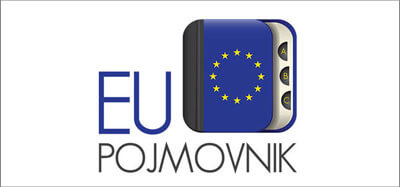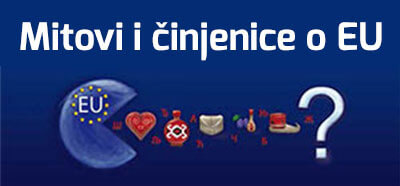2 September 2019
How to preserve and improve your health?
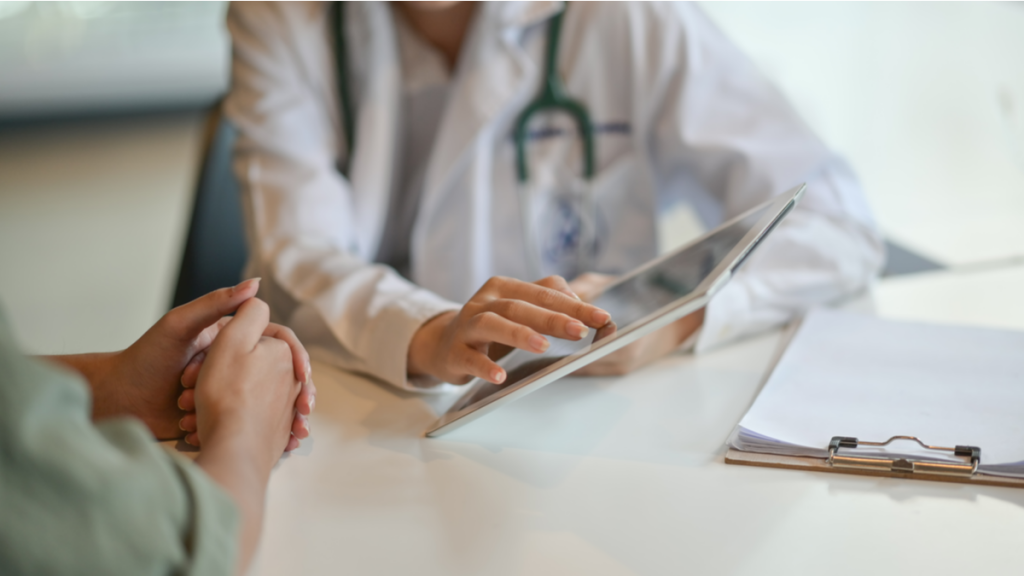
Every person, regardless of gender, age, education level, nationality, has the need to be healthy as health is the most valuable possession anywhere in the world. A significant gain for every person is the knowledge on the preservation of health, and on the need to have various types of medical check-ups.
Basic risk factors – what has the greatest effect on health
There are a great number of risk factors affecting our health ‒ way of life, stress, lack of sleep and many other. Some of them we cannot change, no matter how hard we try (genetic heritage, biological gender, age), while the other are to good extent under our control. One of such factors is our behaviour, which can be risky sometimes. For example, such behaviour involves smoking, use of alcohol, use of drugs, irresponsible sexual behaviour.
Use of tobacco substantially increases the risk from heart diseases, tumours of various organs, lungs diseases and many other long-lasting and serious illnesses. Likewise, tobacco contributes to the increased risk from premature death and leads to premature fatal outcome in comparison to the expected outcome – even by a couple of decades!
Exposure to one or more types of violence (physical, emotional, or sexual abuse, or physical and emotional neglect), abuse of psychoactive substances (alcohol, drugs, certain medications altering consciousness perception, thinking, mood, behaviour) can impair health substantially, and in some case even be fatal!
It is necessary to seek help in the closest available health facility, either from a physician, psychologist or a psychiatrist!
Numerous sources of stress en route, and during the stay in the new surrounding, create the possibility for the occurrence of different psychological ailments – depression, anxiety, posttraumatic stress disorder, etc. You should always seek help from the existing services for psychological support!
Also, the unhealthy way of life can harm health. It is particularly important to mention the risk factors such as physical inactivity and malnutrition. They are associated with the most common modern diseases – chronic or non-communicable diseases (heart diseases, diabetes, obesity, some malignant diseases).
Proper diet (balanced and varied diet) enables good health for pregnant women and nursing mothers, optimum growth and development of children, and is the base of the health of adult population and healthy ageing. Regular physical activity (e.g. physical work, being in motion, recreation, sports activities) enables maintaining of optimum body weight, good mental and physical health, and it extends life.
Communicable diseases – how to avoid them?
Communicable diseases are diseases caused by harmful microorganisms (bacteria, viruses or fungi) and they occur as the consequence of the transmission of causative agent or its products from the infected person or from another source to the sensitive host. This transmission takes place either directly from person to person or indirectly from contaminated food, water and general-use items, transitory host or inanimate environment, and by exchange of fluids contaminated with causative agent.
The characteristic of most communicable diseases is fast spreading and massive scale, especially in collectives.
For that reason it is important to maintain personal hygiene and the hygiene of the space where people live, stay or work. Maintaining cleanliness of the body, clothes, footwear, objects in general use, and premises contributes to the preservation of health of an individual and the collectives.
At your doctor, you can get information about what is the best way to prevent most common communicable diseases in migrants: respiratory infections (cold, flu), body lice, scabies and other communicable diseases.
The infections transmitted by sexual contact (but also/or by infected blood) are called sexually transmitted infection (STIs) and they make a large group of communicable diseases caused by various microorganisms. Some persons with STIs can spend a long time without any symptoms and look completely healthy, so we can say for them that they are infected, but not ill. Every infected person, regardless of presence of symptoms, can transmit the infection to other persons.
Apart from avoiding risky sexual relation (intercourse without the use of condom, intercourse with an unknown person, having intercourse under the influence of psychoactive substances, etc.), maintaining intimate hygiene and proper use of condoms are important in the prevention of sexually transmitted infections.
Should you notice any symptoms, do not treat yourself on your own, see a doctor!
Why are preventive medical check-ups important?
Preventive check-ups are important for early discovering of various diseases and conditions that we often do not think about. If the disease is discovered in time and treated timely, the quality of life is improved and this we prevent the occurrence of serious consequences for health, the possibility of permanent disability, and sometimes, lethal outcome.
In healthcare facilities – outpatient units, in a simple manner, we can discover high blood pressure, diabetes, elevated levels of lipids in blood and many other conditions and diseases that are among most common ones nowadays, and that often carry the risk of premature fatal outcome. Sometimes the symptoms of these illnesses are mild, and sometimes they are not present, hence it is important to check your health in the intervals determined by your physician.
There are specific preventive examinations for early detection of malignant illnesses such as skin cancer, breast cancer, cervical cancer, prostate cancer, etc. These tumours in their initial stage do not have to present any symptoms and their early detection can ensure even full recovery.
The sort of preventive check-up depends on patient’s age and gender, presence of risk factors, as well as on the family medical history, hence the more detailed information on when to see a doctor and which type of examinations is necessary can be obtained from your physicians in an outpatient unit.
Health care services – who to see to get professional help
Apart from medical examinations immediately after arriving to the destination, to some of the asylum centres, out health care system also provides health care services in line with the needs of individuals.
All health care services are available to the users of asylum centres and transitory-reception centres in Serbia, as well as migrants in transit, both in those centres, and outside them. Apart from that there is a permanently organized provision of health care that is territorially, materially and culturally accessible to migrant community.
Should you have any problems, either physical or psychological, as well as questions and doubts about your health, see a doctor.
Doctor and nurse in your infirmary will open the door of our health system for you, and that is the place where you can always seek help!
Apart from necessary health services, this also where you can get the information about the individual health risk factor, as well as advice and recommendations.
In situations demanding urgent medical care call the number of Emergency Medical Services – 194.
Author: Dr. Nevenka Kovačević, MD, social medicine specialist
Dr. Nevenka Kovačević (1970) graduated from the Faculty of Medicine of Belgrade University. She specializes in social medicine. She did her physician’s internship in Bela Crkva, Vršac and Belgrade, in the field of general medicine, emergency medicine, public health and health care management. She currently works at the Centre for health promotion of the City Institute of Public Health Belgrade. She is particularly professionally involved in the fields of traffic safety, as well as in the work with young people and other sensitive groups – migrant population and persons with disabilities.







